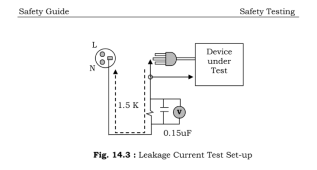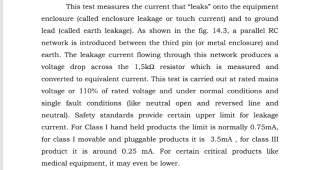RLM4JC
New Member
- Joined
- Aug 17, 2022
- Messages
- 73
I think on paper Hysolis Apollo blows away ecoflow delta pros for whole house backup. I currently am maxed out on the Ecoflow DP's at 21kw hours and 3.2 KW solar input utilizing their smart home panel for 120/220 circuits. Hysolis Apollo looks to me as the next level for whole house backup or power plant/hybrid use. Ben from minutemanprep did an unboxing and review today for first glance at the platform with more testing in the future in split phase setups. I know Will will be testing in the near future. Apollo just may be a game changer.







